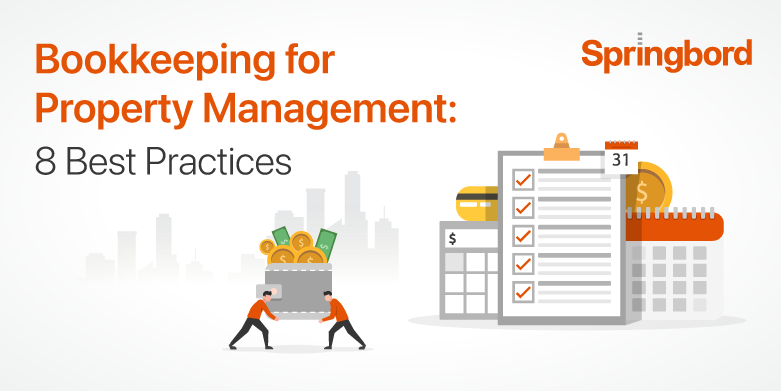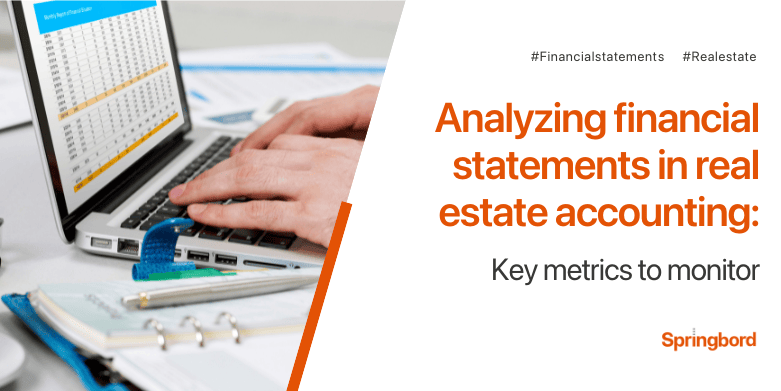M
E
N
U
Property management is a challenging industry that demands careful attention to several crucial financial factors to succeed. These include careful budgeting, accurate financial report generation, and the management of Accounts Payable (AP) and Accounts Receivable (AR). These elements serve as the foundation for effective property management, guaranteeing both long-term growth and financial stability. Let’s look
Property management accurately determines a property’s profitability is essential, whether it involves personal or rental properties. Effective financial management is not just about keeping the books; it directly contributes to tax savings, reduces operating expenses, and boosts rental income, thereby enhancing overall return on investment (ROI). The sector’s substantial market size, reaching approximately $101.3 billion
Efficient management of accounts receivable (AR) is crucial for maintaining optimal cash flow and operational agility in today’s competitive business landscape. Selecting the right AR services partner is pivotal, as it affects a company’s ability to convert receivables into cash swiftly, manage customer relationships effectively, and plan financial strategies accurately. At Springbord, we offer expert
Real estate businesses frequently become overloaded with core responsibilities, leaving little room to manage accounts receivable efficiently. This critical function, essential for ensuring adequate funding, can be particularly challenging due to the industry’s complexity and the high volume of transactions. As a result, real estate companies face a strategic decision: should they manage accounts receivable
Introduction In property management, precise bookkeeping is not just a necessity but a cornerstone of success. Accurate financial records ensure compliance, foster investor confidence, and facilitate informed decision-making. However, the complexities of managing multiple properties, tenants, and financial transactions can pose significant challenges. In this blog, we will delve into ten advanced bookkeeping practices essential
It may be difficult and time-consuming to oversee the financial operations of a property management company. As firms grow and portfolios expand, maintaining accurate financial records, handling compliance, and ensuring timely reporting becomes increasingly challenging. A strategic option that offers cost savings and operational efficiency is outsourcing bookkeeping services. Property management companies can optimize financial
Effective financial management is critical in real estate, a sector where economic fluctuations and regulatory complexities can significantly impact profitability. Real estate business owners face challenges such as cash flow inconsistencies, complex taxation, budget overruns, and market volatility, which require sophisticated financial strategies beyond traditional accounting. This is where specialized property accounting services come into
Property owners can generate substantial income from real estate, especially from rental income and property value growth, making it a valuable asset class. However, alongside these financial benefits come complex tax implications. Property taxes are one of the most substantial ongoing expenses associated with real estate ownership, and mismanagement can lead to costly penalties or
Managing receivables is more than just ensuring payments are collected, it’s about maintaining the financial health and stability of your business. From handling diverse client portfolios to navigating extended payment terms, real estate professionals face unique challenges that can strain cash flow and complicate operations. In this blog, we’ll explore the top five challenges in
Analyzing financial statements in real estate isn’t just about crunching numbers—it’s about gaining a deeper understanding of your assets, liabilities, and overall financial health. For business owners in the real estate sector, mastering key financial metrics is essential for making informed decisions that drive profitability and long-term growth. We will go over the important metrics











